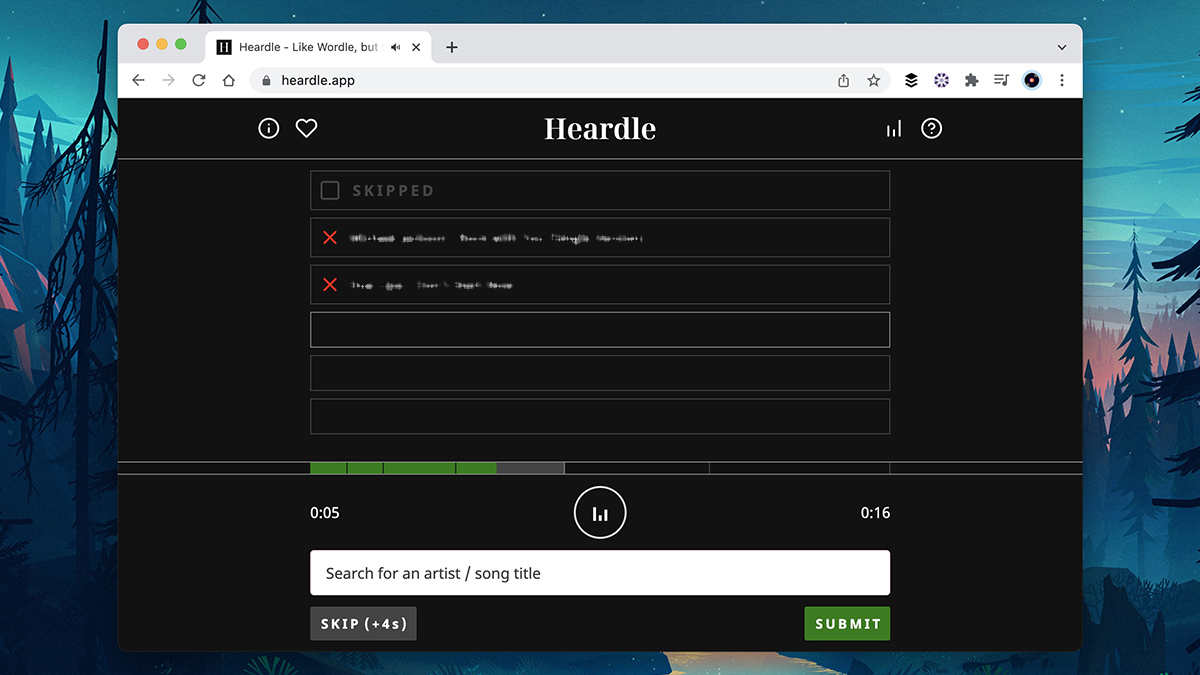The interaction between Emma and Principal Figgins, a scenario that has sparked considerable discussion and analysis, provides a fascinating insight into the dynamics of school administration and the challenges faced by educators in advocating for their beliefs and the needs of their students. This article delves into the various dimensions of this confrontation, exploring its implications, the underlying issues, and the broader context within which such disagreements occur.
The Setting and Characters
To fully grasp the significance of the argument between Emma Argues with Principal Figgins, it is essential to understand the setting and the characters involved. In many educational narratives, characters like Emma often represent passionate, idealistic educators dedicated to student welfare. In contrast, a character like Principal Figgins typically embodies the administrative and bureaucratic challenges within the educational system. These characters are not just individuals but symbolize larger roles and conflicts within schools.
The Educational Landscape
The backdrop of this argument is a modern educational landscape fraught with challenges. Schools are increasingly grappling with budget cuts, policy changes, and societal pressures. Within this context, the clash between Emma and Principal Figgins can be seen as a microcosm of the larger struggles faced by educators and administrators. Each party often has valid concerns and priorities, yet their perspectives and methods of addressing these issues may differ significantly.
Differing Philosophies
At the heart of Emma’s argument with Principal Figgins is likely a conflict of philosophies. Emma, as an advocate for students, might focus on the individual needs and well-being of the students, promoting a more holistic approach to education. Principal Figgins, on the other hand, might be more concerned with policy adherence, budget constraints, and maintaining order and discipline within the school.
The Power Dynamics
In any argument between a teacher and a principal, power dynamics play a crucial role. The principal, as an administrator, typically holds more institutional power, which can make such confrontations intimidating for teachers. However, teachers like Emma, driven by a strong sense of duty towards their students, often find the courage to voice their concerns, despite the potential risks to their career.
Impact on School Culture
Conflicts like the one between Emma and Principal Figgins can have a profound impact on the school’s culture. How such disagreements are resolved can either foster a culture of open communication and mutual respect or lead to an environment of fear and silence. The manner in which both parties handle the argument is crucial in setting the tone for the school’s approach to conflict resolution.
Reflection of Societal Issues
This argument also reflects broader societal issues. The challenges faced in the microcosm of a school often mirror those in society at large, such as balancing individual needs with collective responsibilities, managing limited resources, and navigating the complexities of diverse viewpoints and backgrounds.
Finding Common Ground
For Emma and Principal Figgins to move forward constructively, finding common ground is essential. This might involve compromise, a deeper understanding of each other’s viewpoints, or seeking solutions that address both parties’ concerns. It’s about balancing the welfare of the students with the practicalities of school administration.
Professional Development and Dialogue
Such arguments can also serve as catalysts for professional development and dialogue. They highlight the need for ongoing training in conflict resolution, communication skills, and empathy for educators and administrators alike. By learning from these experiences, schools can evolve into more effective, compassionate environments for both students and staff.
Conclusion: A Learning Opportunity
In conclusion, the argument between Emma and Principal Figgins, while challenging, offers a valuable learning opportunity. It sheds light on the complexities of school administration and the passionate advocacy of educators. This confrontation is not just about two individuals but about the larger narrative of education, its challenges, and its potential for growth and improvement. By examining such conflicts, we gain insights into how schools can navigate their internal dynamics and external pressures, ultimately striving towards a more balanced and responsive educational system.







